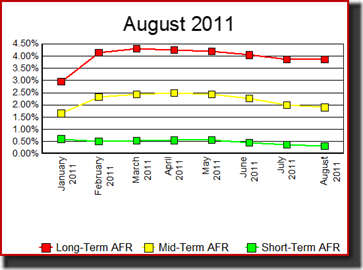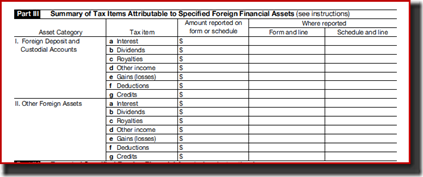Below is a summary of the new law from Mitch Goldberg of our office:
Introduction. On May 4, 2011, the Florida legislature passed Senate Bill 670 which substantially revises the Florida power of attorney ("POA") statute, § 709. The new law is effective for POAs executed on or after October 1, 2011 albeit, for matters other than execution formalities (such as statutory interpretation and fiduciary duties), the new law applies to all POAs, regardless of when it was executed. § 709.2402. While this article discusses relevant changes to the statute in brief, the author urges practitioners who deal with the subject matter discussed herein to read the new statue in its entirety to better understand the scope of the substantive changes.
Creation and Termination. The formalities to execute a POA have not changed from prior Florida law, to wit: (1) signed by the principal; (2) with two subscribing witnesses; and (3) before a notary public. § 709.2105. Also consistent with prior law, a POA is not durable unless the instrument explicitly designates it as such. § 709.2104. However, a significant change is the elimination of springing POAs (unless executed prior to October 1, 2011 and contingent on the principal's incapacity), provided, however, that military deployment-contingent POAs are still valid. § 709.2108. To revoke a POA, the principal must do so by expressly stating the revocation in a subsequently executed POA or other writing signed by the principal; mere execution of a subsequent POA, without indicating revocation of prior instruments, is insufficient to revoke prior executed POAs. § 709.2110.
Agents, Co-Agents and Successor Agents. The new statute imposes certain mandatory fiduciary duties on agents that cannot be eliminated by contract as well as default duties that can be waived by written agreement. § 709.2114. If more than one agent is designated to act on behalf of the principal, unless the instrument provides otherwise, a co-agent may act independently of the other co-agent(s), departing from the prior requirement that two co-agents must act in concert, or if more than two, by a majority. Notwithstanding the fact an instrument requires co-agents to act together, a co-agent may delegate to another co-agent authority to conduct banking transactions. In addition, if a co-agent has actual knowledge of a fiduciary breach by another co-agent or predecessor agent, such co-agent has an affirmative duty to take reasonably appropriate action to safeguard the principal's best interests. Failure to take such action renders the agent liable to the principal for the principal's reasonably foreseeable damages that could have been avoided had the agent taken such action. § 709.2111.
Agent's Authority to Act. The new law imposes additional drafting and execution requirements when enumerating an agent's authority to act on behalf of the principal. Generally, an agent may only exercise authority specifically granted to the agent in the instrument and the new law explicitly states that global provisions, such as those attempting to grant the agent authority to do all acts the principal can do, are ineffective. § 709.2201. Even more specifically, the following powers require they be specifically granted in the instrument and the principal sign or initial next to each specific grant of authority:
-Create an intervivos trust;
-With respect to a trust created by or on behalf of the principal, amend, modify, revoke, or terminate the trust, but only if the trust instrument explicitly provides for amendment, modification, revocation, or termination by the settlor's agent;
-Make a gift (as further discussed below);
-Create or change rights of survivorship;
-Create or change a beneficiary designation;
-Waive the principal's right to be a beneficiary of a joint and survivor annuity, including a survivor benefit under a retirement plan; or
-Disclaim property and powers of appointment. § 709.2202.
Agents are specifically precluding from the following acts:
-Perform duties under contract that requires the exercise of personal services of the principal;
-Vote in any public election on behalf of the principal;
-Execute or revoke any will or codicil for the principal; or
-Exercise powers or authority granted to the principal as trustee or as court-appointed fiduciary. § 709.2201.
In addition, to the above limits, if an agent is not an ancestor, spouse, or descendant of the principal, such agent cannot exercise any authority to grant an interest in the principal's property to the agent or to an individual to whom the agent owes a legal obligation of support, unless the instrument states otherwise. Also an agent's authority to make gifts, described above, is limited in amount to the annual gift tax exclusion provided for in 26 U.S.C. § 2503(b), per donee, regardless of whether the annual exclusion applies, unless the instrument provides otherwise. § 709.2202.
Non-Exclusive. The new law is not the exclusive method of interpretation and enforcement. The new law is supplemented by the common law of agency and principles of equity. § 709.2301. The remedies provided in the new law are not exclusive and do not abrogate any other right or remedy under any other law. § 709.2303.


